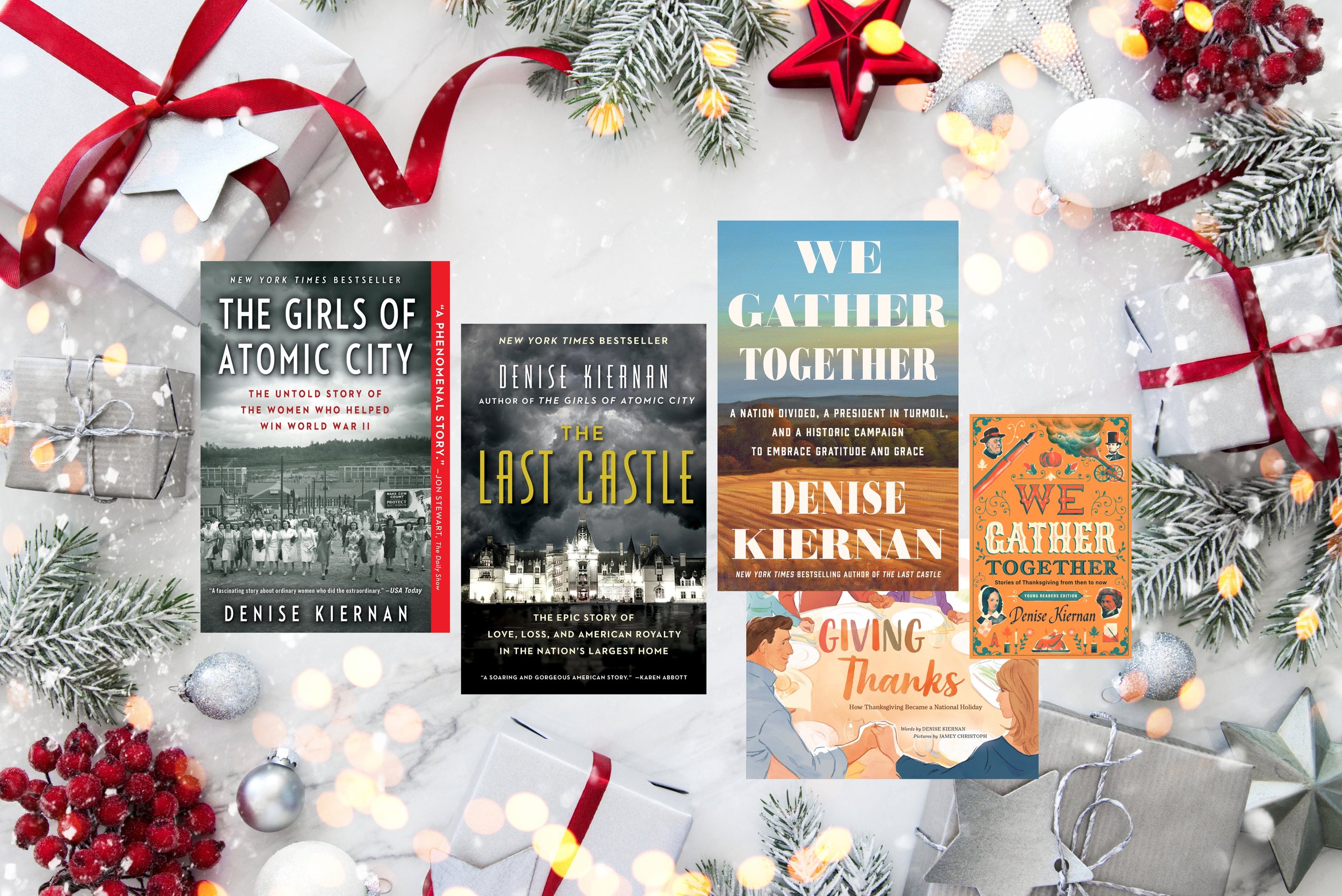thoughts
✳︎
images
✳︎
fascinations
✳︎
nuisances
✳︎
musings
✳︎
thoughts ✳︎ images ✳︎ fascinations ✳︎ nuisances ✳︎ musings ✳︎


How to Order Autographed, Personalized Books for the Holiday
This has been a very trying fall for those of us in the southeast who were in Hurricane Helene’s path—as we were here in Asheville,—and getting in the holiday groove has proved a bit difficult. But finding time for gratitude and…
